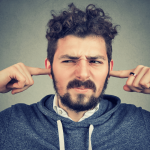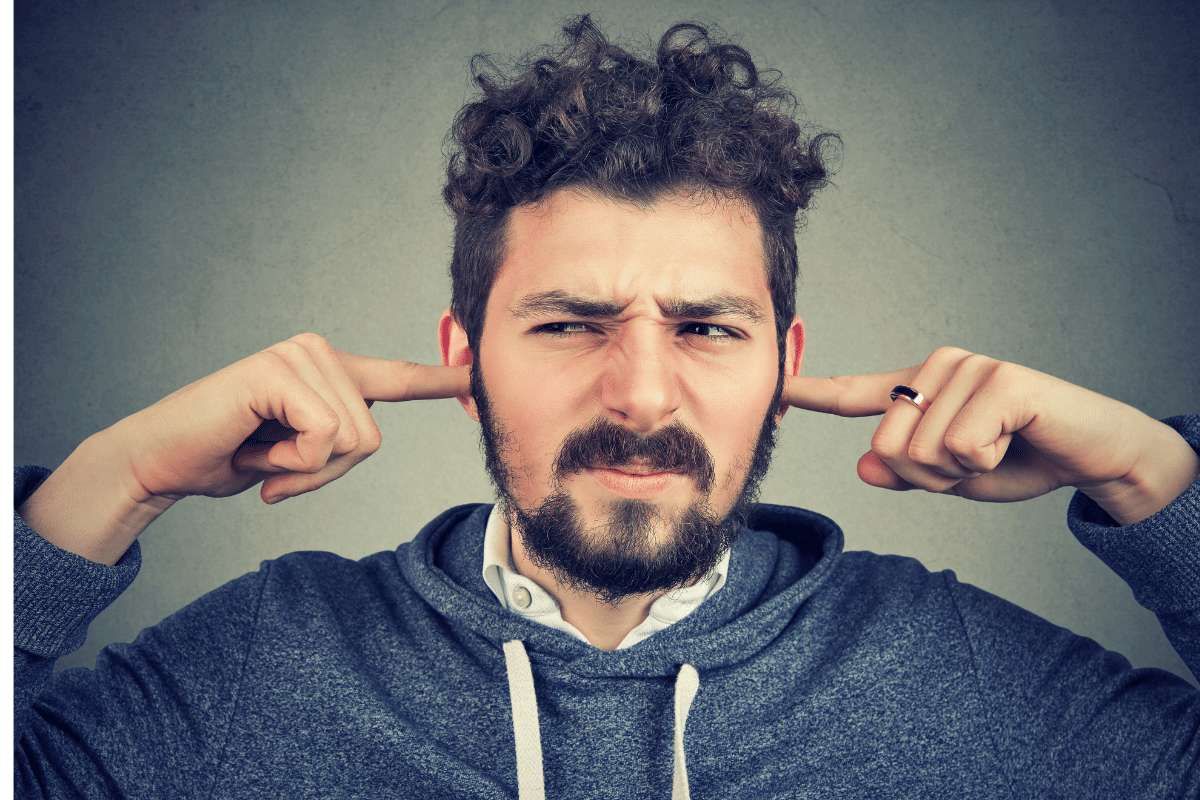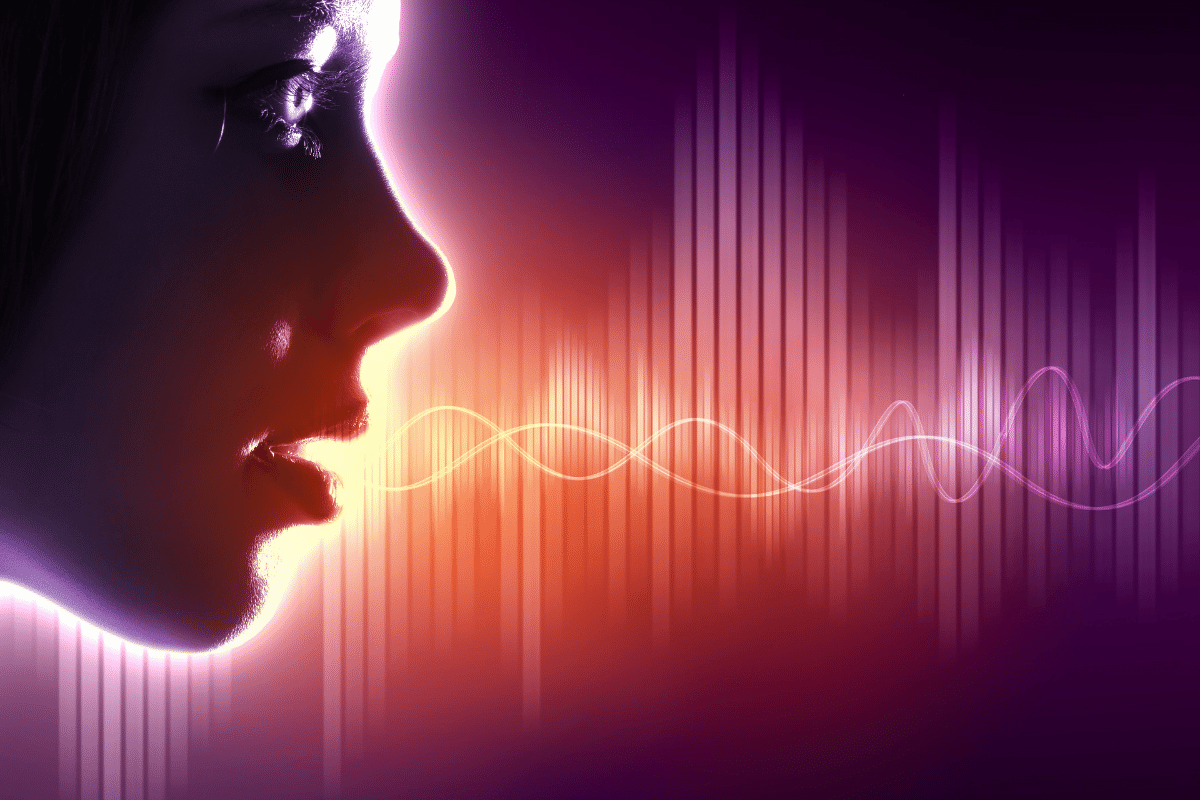How Many Decibels Is Too Loud For Ear?4 min read
Reading Time: 3 minutesThe ear is a special organ and is the most critical part of the body for hearing. If you keep your ears exposed to loud sounds, damage can occur. According to experts, listening at a volume of 80 dB would cause permanent hearing loss.
And that’s only if you are exposed to 30 minutes of noise exposure every day.But ear protection isn’t just for sound-sensitive people. The same type of protection can be given without it affecting your hearing too much.
So, if you don’t want to wear earplugs or protect your ears with headphones, but still enjoy a good racket in the evening, buy some noise-cancelling headphones or earphones that include noise-cancelling capabilities.A study conducted by researchers at Clemson University concluded that these two solutions would reduce the onset of tinnitus by up to 73%. Another study found that listening to music at levels of 75 dB reduced the severity of tinnitus by as much as 75%.
How noise causes hearing loss
If you’re a dog owner, you might have noticed that your dog does not bark at the sound of a fire alarm. That’s because your dog has really sensitive ears. A lot of people have really sensitive ears…Why is that?It’s simple: Because too much noise is potentially harmful to your ears, especially if you are exposed to it for prolonged periods.
When you exercise on a regular basis, for example running or biking, you will most likely notice that your hearing gets more and more distorted over time. As your body adapts to the noise levels being exposed to, the sound waves being sent out by the ear are blocked out by the tissue in which they are being transmitted through.
In other words, hearing loss develops gradually over time — if it were otherwise, people would simply stop exercising because they didn’t hear enough noises and thus never develop hearing loss.But what is causing this gradual damage?The answer lies in something called “noise-induced hearing loss (NIHL).”
The noise we deal with is caused by electrical impulses generated by our brains while they are being sent to our ears via our nerves. These electrical impulses travel along a nerve network called the cochlear nerve, which ends up sending messages to auditory nerve fibers in the inner ear.
These auditory nerve fibers transmit signals from these signals into auditory nerves located in the middle ear . When there is too much noise, these signals are blocked out by tissue in these inner ear structures and thus damage starts occurring within them as well as within their associated structures such as the bones in the middle ear , brain stem , and cerebellum .So what can be done about this problem?
You can protect yourself against it by taking steps such as wearing proper hearing protection when exercising outdoors or near noisy places like construction sites or concerts where loud sounds may occur.
If you want to minimize noise from environmental noises outside of your home (such as traffic), try using headphones with an attenuation level between -20dB and +20dB when listening to music during outdoor activities.
If you want to decrease noise coming from things like construction sites or concerts where loud noises may occur, try wearing earplugs with an attenuation level between -20dB and +20dB when listening to music during outdoor activities (depending on how loud those sounds are).
Protecting your hearing
It’s a well-known fact that exposure to loud noise can damage your hearing. It is widely known that exposure to loud noise can affect the ears, but it is a little bit more complicated than that.
Most people don’t realize how much noise they are being exposed to when they listen to music at home, or while they are commuting to work.The effects of noise on the ears are significant.
Hearing loss from exposure to loud noise occurs slowly over time, and can be up to 10 dB per hour of exposure (or about 3 dB per hour with a regular workplace).
Exposure to constant noise contributes significantly to the development of hearing loss; it is estimated that some 95% of hearing loss occurs in the first 5 years after the onset of exposure.
If you have already experienced hearing loss as a result of listening to loud music, it is important that you seek treatment immediately.
Conclusion
Noise can be an irritating business, but it’s important to remember that noise isn’t the problem. The other factor is how you respond to noise.
If your hearing aids are too loud and your ears are getting the message that they need to adjust, it’s time to make a change.In a study published in “Journal of Hearing Research,” researchers found that the amount of sound pressure in a low-noise environment (a cabinet with no doors) was equivalent to that in a medium-noise environment (a chair with no legs).
A high-noise environment (a wall with doors) was equivalent to a medium-noise environment.




